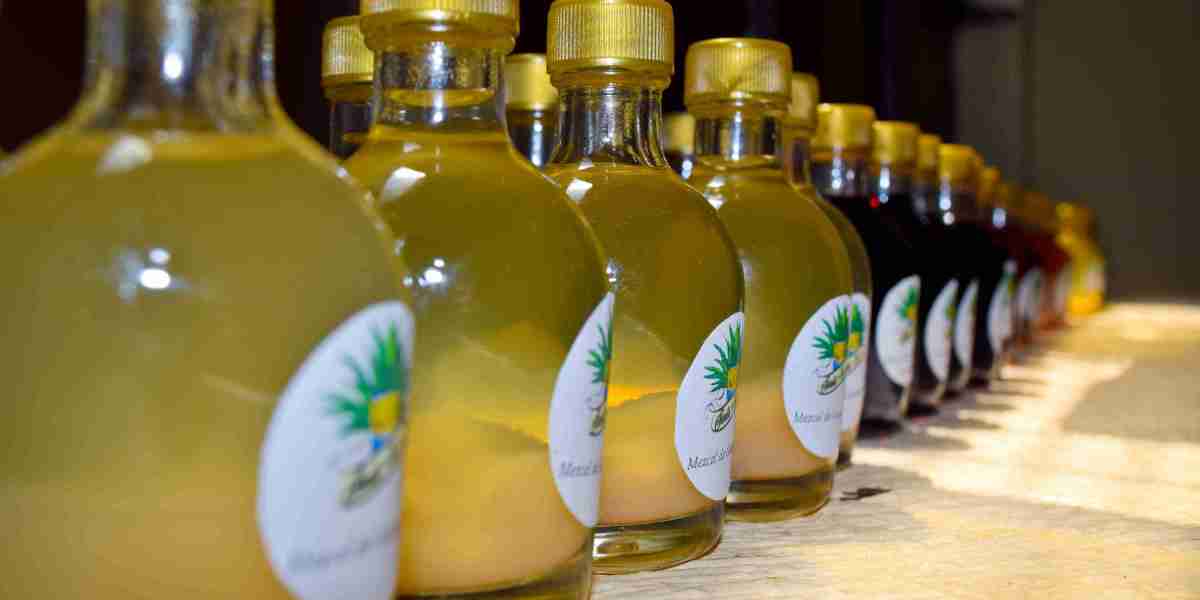Introduction
The mezcal market is characterized by a dynamic competition between artisanal and industrial producers. While both segments cater to a growing consumer base, their branding strategies differ significantly. Artisanal mezcal brands emphasize tradition, craftsmanship, and authenticity, while industrial brands focus on scalability, consistency, and market expansion. This article explores how these two segments compete in branding, market positioning, and consumer appeal.
Key Differences in Branding Strategies
1. Artisanal Mezcal: Tradition and Authenticity
Artisanal mezcal producers differentiate themselves through a strong emphasis on traditional production methods and cultural heritage. Their branding strategies often include:
Handcrafted Production: Artisanal brands highlight small-batch production using ancestral techniques, such as underground pit roasting and natural fermentation.
Region-Specific Identity: Many brands emphasize their geographical origin, linking their mezcal to a specific terroir and local traditions.
Sustainability and Ethical Sourcing: Consumers are drawn to brands that practice sustainable agave harvesting and fair trade with local communities.
Unique and Premium Packaging: Artisanal mezcal is often presented in hand-blown glass bottles with rustic labeling to reinforce its authenticity.
2. Industrial Mezcal: Scalability and Market Reach
Industrial mezcal producers focus on larger-scale production and global market penetration. Their branding strategies include:
Consistency and Accessibility: Unlike small-batch artisanal mezcal, industrial brands prioritize uniform quality and availability across markets.
Modern Packaging and Marketing: Many industrial brands use sleek, contemporary bottle designs and branding campaigns to attract younger, urban consumers.
Celebrity and Influencer Endorsements: High-profile endorsements help drive brand recognition and global appeal.
Competitive Pricing: By leveraging economies of scale, industrial producers offer mezcal at a more affordable price point.
Market Positioning and Consumer Preferences
1. Target Audience and Brand Messaging
Artisanal Mezcal Consumers: Typically connoisseurs, collectors, and those who value tradition, authenticity, and sustainability.
Industrial Mezcal Consumers: A broader audience, including casual drinkers and cocktail enthusiasts seeking accessible and mixable spirits.
2. Retail and Distribution Strategies
Artisanal Brands: Often found in specialty liquor stores, boutique retailers, and high-end restaurants.
Industrial Brands: Widely available in supermarkets, chain liquor stores, and bars globally.
Challenges and Competitive Strategies
1. Artisanal Brands’ Challenges:
Limited production capacity due to traditional methods.
Higher production costs leading to premium pricing.
Need for niche marketing strategies to maintain exclusivity.
2. Industrial Brands’ Challenges:
Perception of lower quality compared to artisanal mezcal.
Difficulty in conveying authenticity to discerning consumers.
Regulatory constraints on production methods and labeling.
Conclusion
The competition between artisanal and industrial mezcal producers is shaping the industry's branding landscape. While artisanal brands thrive on tradition and exclusivity, industrial brands leverage scalability and accessibility. As global demand for mezcal grows, both segments must innovate and adapt to consumer preferences while preserving the rich heritage of this iconic spirit.




